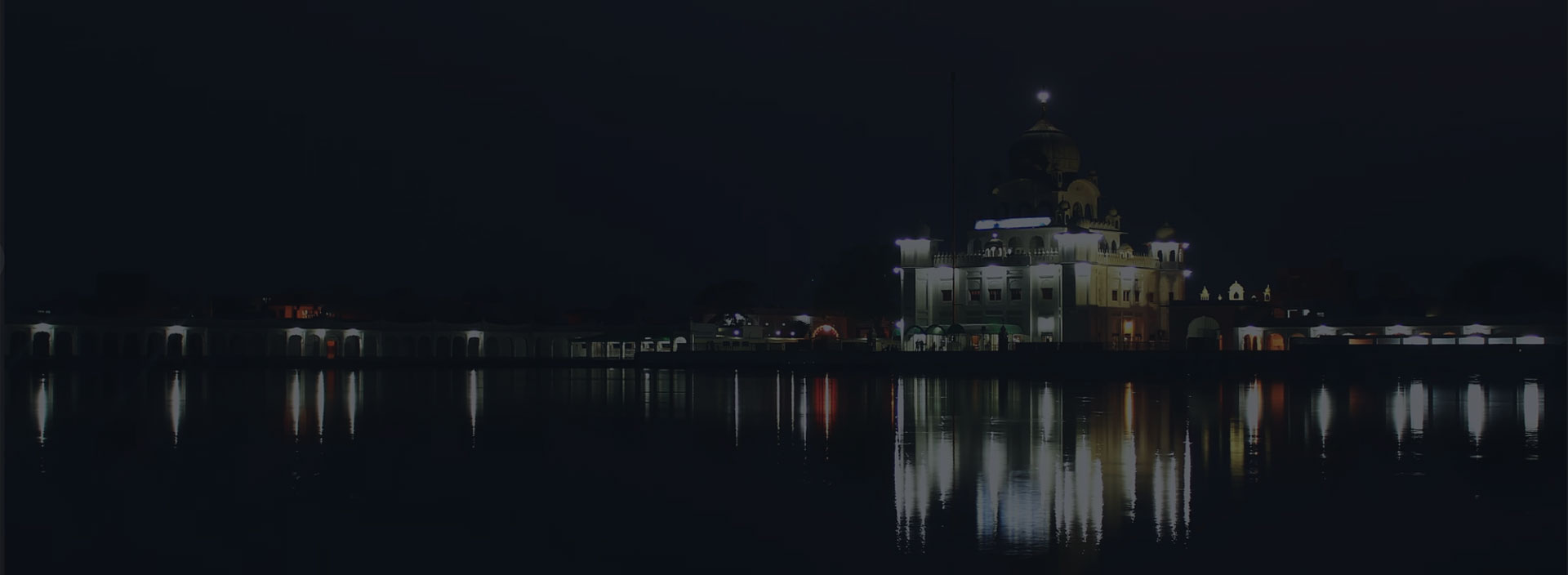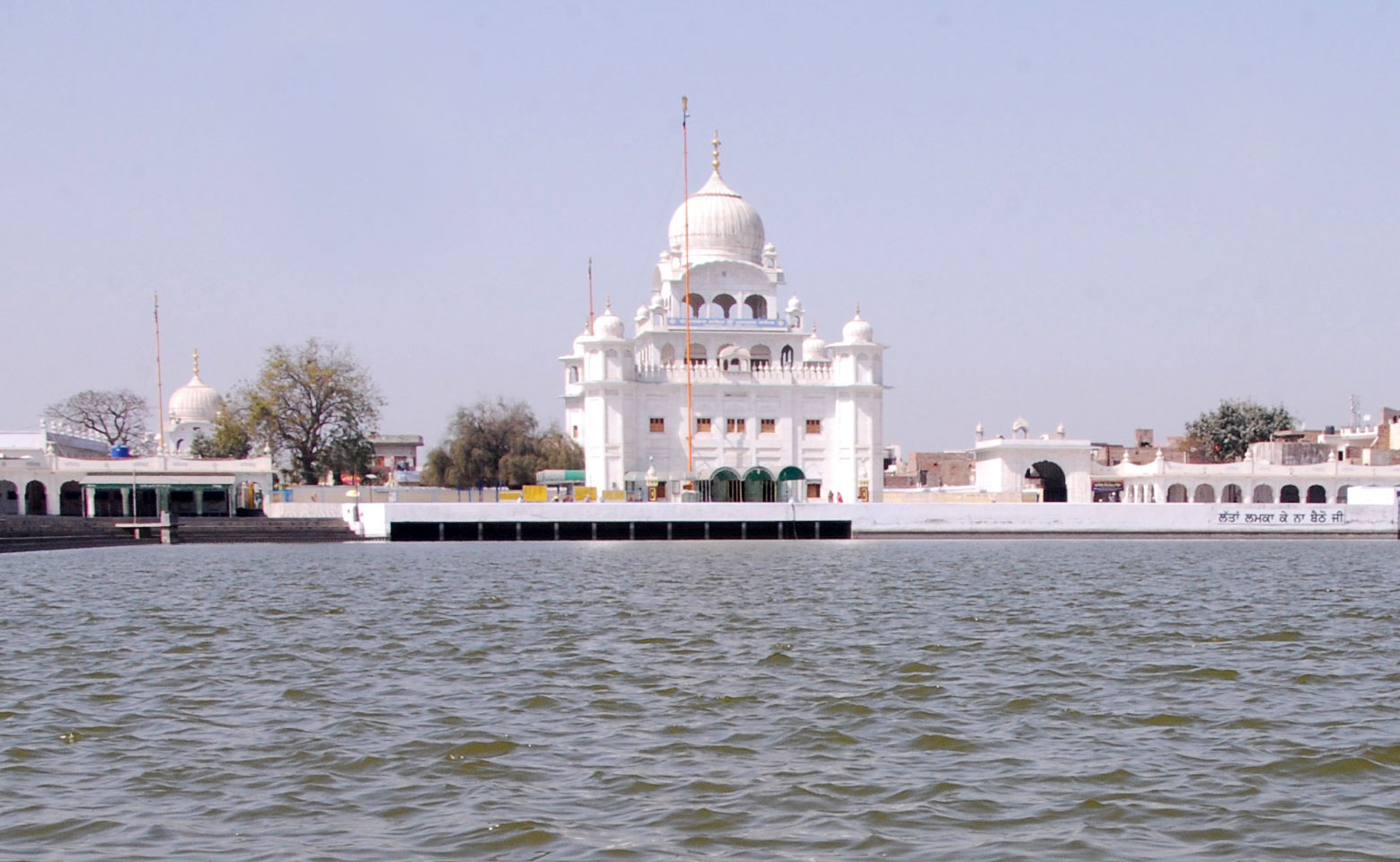Sri Muktsar Sahib is a city and district headquarters for the district of Sri Muktsar Sahib, located in Punjab, India. The 2011 Census of India put the total population of Sri Muktsar Sahib municipality to 117,085, making it the 14th largest city of Punjab, in terms of population. Historically known as Khidrana or Khidrane di dhab, the city was made the district headquarters in 1995. Chronological evidence indicates that the city was named Muktsar after the battle of Muktsar in 1705. The government officially changed the name of the city to Sri Muktsar Sahib in 2012, though the city is still primarily referred to by its unofficial name ‘Muktsar.’
The modern day Muktsar city was historically a semi-desert terrain named Khidrana or Khidrane de dhab, situated near a lake. Not much is known about the early history of the present area of the city. In March 1504, the second Sikh guru, Guru Angad Dev, was born at Matte-di-Sarai (now called Sarai Naga), about 6 miles from Muktsar. His father Bhai Pheru was a Trehan Khatri merchant, and mother, Ramo, a housewife.
In 1705, after battle of Chamkaur against the Mughals, GuruGobind Singh started looking out for a suitable place from where he could defend himself. Assisted by an experienced guide of a Brar chief, the Guru reached Khidrane Di Dhab where he finally decided to meet the enemy. He then received news that he was being pursued by the imperial troops, at least 10,000 strong, under Wazir Khan , subedar of Sirhind. Earlier, in 1704, when the Guru Gobind Singh’s Army in Anandpur Sahib had run out of provisions, 40 Sikhs from Majha deserted him, where they signed a declaration (bedava) saying they were no longer the Sikhs of Guru Gobind Singh and he was no longer their guru. Now, those 40 deserters came back to join the guru’s forces, realizing their mistake of deserting him, under the motivation of a woman fighter, Mai Bhago. The Sikhs engaged the Mughal forces. Guru Gobind Singh also sent reinforcements, though the number of Sikh soldiers is disputed. At the end of the battle, when Guru Gobind Singh, and other Sikhs, were collecting the dead bodies for cremation, they found one man, named Maha Singh, still clinging to life. On seeing the Guru, he made an effort to rise; the Guru at once took him in his embrace, and sat down with him. Maha Singh, tearful and exhausted, requested the Guru to destroy the document disclaiming his being a Sikh of the Guru. Before Maha Singh died, Guru Gobind Singh took the document and tore it up. It is a legendary belief that this gave “mukti”, meaning freedom, to those 40 Sikhs and hence, the city got its modern-day name Muktsar, where the word ” sar ” is derived from the word “sarovar” meaning reservoir, with reference to the Khidrana reservoir.
The Muktsar city remained a tehsil of Ferozepur district from August 1947 to August 1972, and then it became a teshil of the newly carved out district, Faridkot. In November 1995, Muktsar became a district city. In February 2012, the city was officially renamed Sri Muktsar Sahib.
Muktsar is located in the south-western part of the Punjab state in northIndia. The city is spread over an area of 12.66 square miles (32.80 square Km). The geographical coordinates of the city are 30° 29′ 0″ North, and 74° 31′ 0″ East. Nearby cities include Bathinda 33 miles (53 km) to the south east, Ferozepur 32 miles (52 km) to the north, Faridkot 31 miles (50 km ) to the north east and Abohar 35 miles (56 km) to the south west. The state capital, Chandigarh, lies 249 km (155 miles) east to Muktsar. The city of Ludhiana is 92 miles (148 km) and Amritsar lies 104 miles (167 km) away. The Indian capital, New Delhi, lies 247 miles (398 km) south east to Muktsar.



